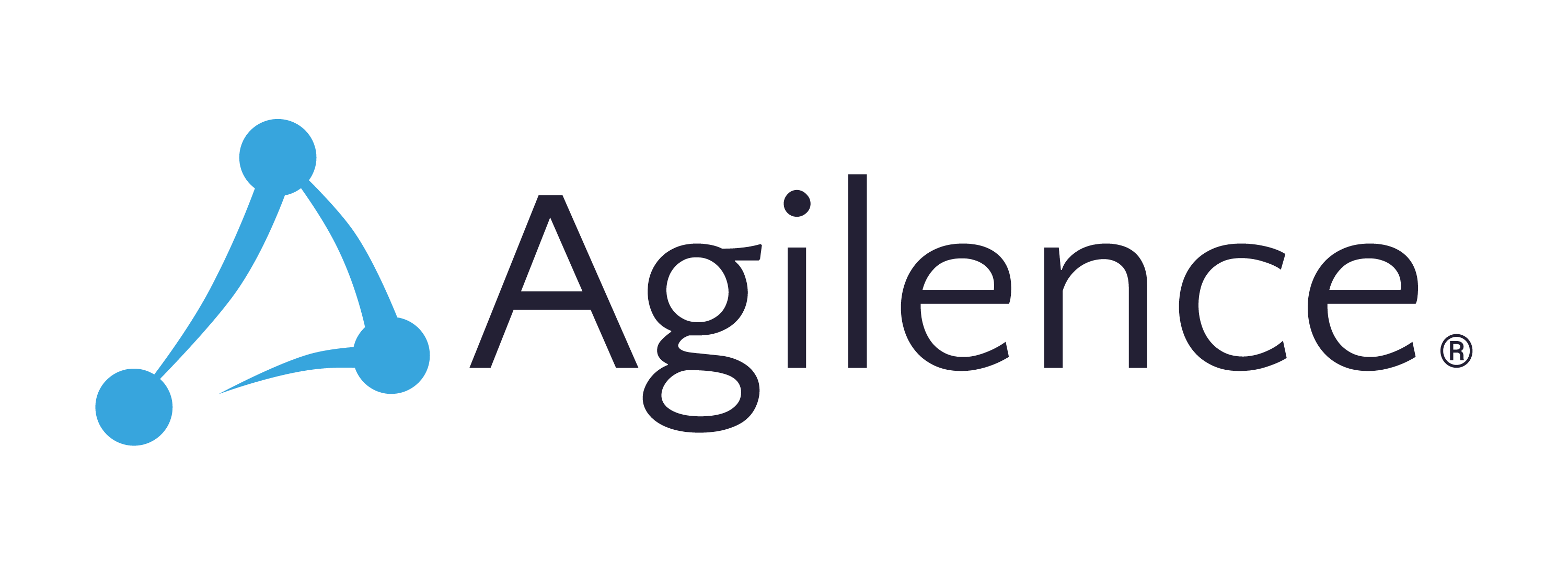The Psychology Behind Business Dashboards
General Rebecca Bouchard
Rebecca Bouchard

Within the past decade, dashboards have become an increasingly popular way for businesses to internally display data. But, why is this? For one, they are ‘eye candy’ when compared to an excel spreadsheet. However, it’s more than just the visual aspect that makes it such a great way to house your data. The dashboard layout simplifies complicated data using charts and graphics that are easily comprehended. In other words, you do not have to be a statistician or even a data analyst to understand the significance of critical data. In turn, you can use it to make crucial business decisions autonomously. Diving in even deeper, there are actual psychological factors to back up its prevalence and prominence in the business world today. Some of these factors include:
Need to Organize
It can be difficult to navigate spreadsheets of chaotic data. Valuable information may seem meaningless and even get lost in the disarray without some sort of uniformity and organization. The desire for order is a part of human nature. We try to catalog things around us to better understand them and have done so for years. This brings us to the question - Is having some sort of organization a requirement to help us to function to the best of our ability? History shows that it very well may be. Humans have been categorizing for hundreds and even thousands of years. From the formation of government and monarchies as a way to organize an empire, to categorizing people by status and social class, to some smaller examples from today, like keeping to-do lists or Google calendars detailing everything from doctors’ appointments to when to take the dog for a walk. The need for organization is in our blood. To further express human’s love of organization, there are even social media pages devoted to showing hyper-organized photos because some people find them satisfying and even calming to look at. Looking at business dashboards, the displayed data is organized by personal preference that highlights key KPIs. These KPIs help us to zone in on problems to solve and opportunities to capitalize on. This organization helps us to better understand and digest our data quickly. Thus, allowing us to implement the data we have to make better overall business decisions.
Need for Autonomy
According to the self-determination theory, autonomy is an essential psychological need, along with competence and relatedness. Autonomy serves to satisfy the human desire for power and control. Humans want to be able to think, come up with ideas, and find solutions to pressing issues all on their own. A vital asset of a business dashboard is being able to understand data without the assistance or need of a data analyst. Being able to analyze data autonomously allows individuals to look at and drill down the data on their own and as a result be able to make business decisions and conclusions without hearing other’s opinions and ideas. With a data dashboard, decisions can be made without bias or coercion which is crucial in making the best possible decision for your business.
Need for Instant Gratification
With a robust data analytics solution, data can be accessed and updated continuously, making real-time KPIs ready to use at a moment’s notice. This increased efficiency is a considerable benefit to using data analytics solutions as it lets you make quick and accurate decisions whenever changes may arise. This is an advantage when comparing to excel files of data, which require much more time and effort to drill down in and isolate KPIs. Looking at this benefit from a psychological standpoint, in this age specifically, instant gratification and convenience is something we seek (and in many cases, can have) in every aspect of Information can be found instantaneously with a quick Google search. People can be contacted at a moment’s notice through a text or call. We can become aware of major news events with an alert sent to our phones and we can even have packages delivered the same day we placed the order. With the diminishing need to wait, we become less patient as individuals and as an overall culture. The instant gratification factor that these dashboards provide is a huge benefit and even serve to satisfy a need within the age we live in today. our lives.
Reliance on Short-Term Memory
Have you ever walked into a room with a distinct purpose and within a minute forget what you were there for? For most of us, this has happened before, maybe even countless times. This instant forgetfulness is an example of how short-term memory can work. We naturally aren’t very good at remembering things. So, trying to digest large amounts of information in short periods of time is challenging and impractical. When looking at data, forgetting or overlooking just one piece of information can be the difference between a great business decision and a detrimental one. Data dashboards lessen the need for dependency on our short-term memory simply because; we don’t have to remember anything. Dashboards can showcase all our KPIs and other vital information in a simple, clear way that makes it impossible to overlook or forget. Dashboards are a great way to ensure all essential data gets seen, understood, and used in making business decisions.
Enterprise solutions that utilize information dashboards as a key offering are keeping the psychological needs of end users for autonomy, organization, and instant insight in mind. These concepts serve as the foundation for dashboard designs and user experiences. With interactive and intuitive navigation, visualization, and interface, information dashboards are quickly becoming a critical tool in data democratization efforts in every industry.
At Agilence, we keep these psychological concepts front and center in the design and continued development of the 20/20 platform. Our powerful dashboards can be customized to a specific role or business function to ensure that each user has all of their critical information available at their fingertips. Interactive drill-down functionality allows users to explore multiple layers of enterprise reporting with just a few clicks.
Related Articles

From Zero to Data Hero: Defeating Inefficiency with Insight
While the data champion advocates for the importance of collecting and leveraging data, data heroes are the individuals at ev...
How to Destroy Data Silos and Boost your Bottom Line
Today, businesses are drowning in data but starving for actionable insights. The good news is that most departments are alrea...
6 Ways to Ensure your Data Analytics Efforts Fail
In late 2017, Gartner revealed that about 60% of big data analytics and business intelligence projects fail to move past the ...Subscribe to our blog
Receive free educational resources like exclusive reports, webinars, and industry thought leadership articles straight to your inbox.

